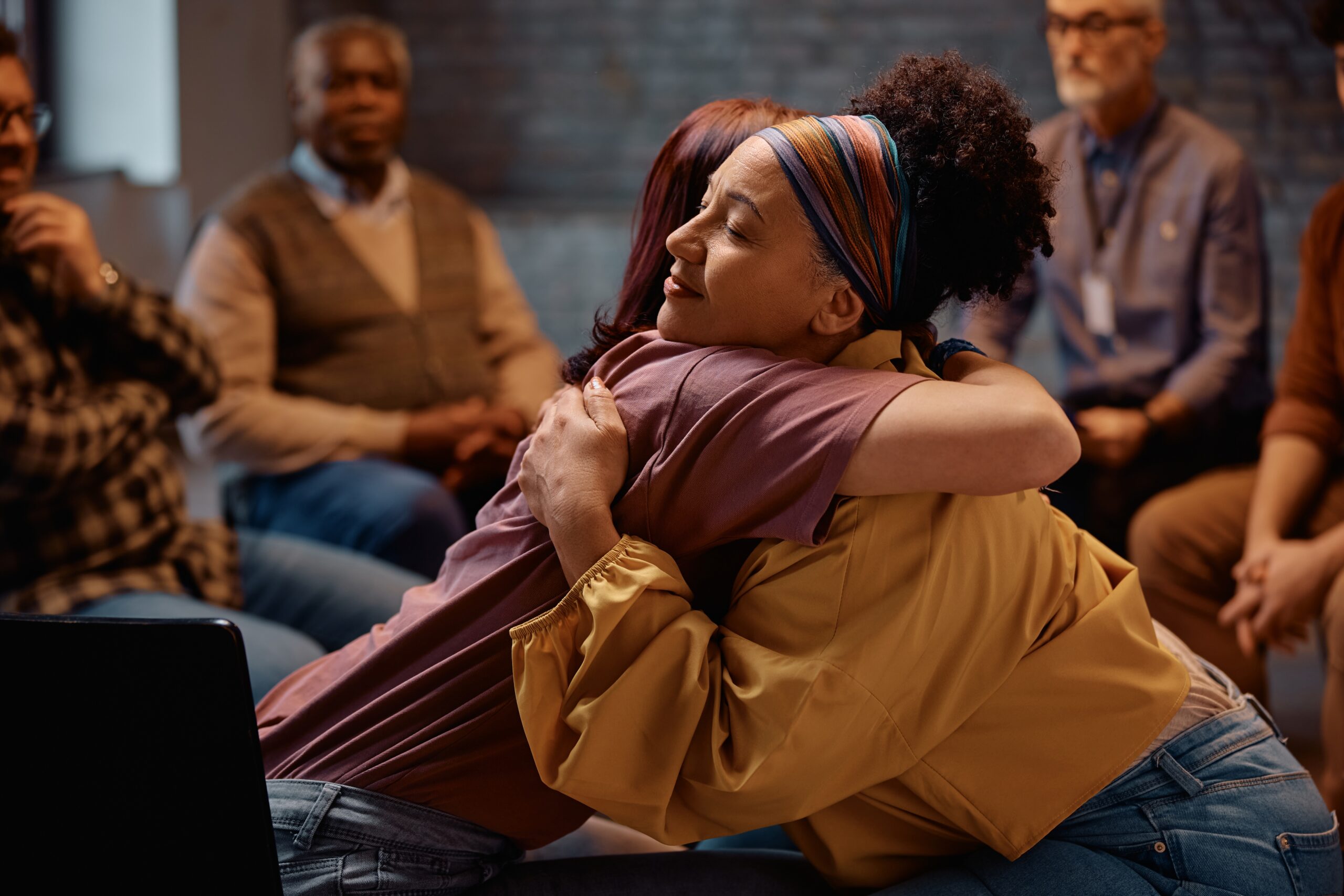Explore our multiple pathways to lasting recovery at our mental health & addiction treatment center in Florida at Calusa Recovery.
Irrespective of one’s background, mental health and substance abuse challenges can have an impact on anyone. However, for many veterans, these challenges are not just possibilities but rather brutal realities.
Veterans commonly experience specific mental health difficulties, worsened by substance abuse, and are regularly neglected and disregarded, forced to manage their struggles independently.
At Calusa Recovery, we prioritize offering top-tier mental health and addiction services that are specifically catered to Veterans in Florida. We firmly believe that addressing the underlying causes of addiction, particularly those associated with mental health, is crucial for achieving successful treatment outcomes and facilitating long-term recovery.

At Calusa Recovery, our unwavering dedication lies in supporting veterans with their mental health requirements. Our personalized programs and services are strategically developed to tackle the unique obstacles that veterans encounter, including substance abuse and mental health disorders. We strongly advocate delivering compassionate care and empowering veterans to attain lasting recovery and enhanced mental well-being.
Have more questions?
Contact our admissions team at 866.971.9428
Program Highlights:
Veterans often confront unique hurdles that can have an impact on their mental health. Here at Calusa Recovery, we understand and appreciate the sacrifices made by our veterans, and we offer specialized assistance tailored to their individual needs. Our comprehensive programs are designed to address the underlying issues contributing to mental health challenges, empowering veterans with the resources and skills necessary for healing and growth.
Calusa Recovery acknowledges the detrimental effects of Post-Traumatic Stress Disorder (PTSD) on individuals who have encountered traumatic events. Our specialized programs deliver compassionate assistance and evidence-based treatments to aid individuals in coping with symptoms and rebuilding their lives. With our guidance, individuals can discover healing and renewed hope as they progress toward recovery.
Depression is a prevalent mental health issue that has the potential to impact individuals of all ages, genders, and backgrounds. At Calusa Recovery, we recognize the impact depression can have on individuals and their families. Our comprehensive treatment method focuses on identifying the root causes of depression, enabling individuals to cultivate effective coping mechanisms and restore a sense of equilibrium and direction in their lives. Through our assistance, you can initiate the journey towards recovery and uncover happiness and satisfaction again.
Stress can lead to anxiety, which is a common response, but when it becomes overwhelming or constant, it can impact daily functioning. At Calusa Recovery, we offer compassionate support and evidence-based treatments to assist individuals in managing anxiety and reclaiming control. Our personalized approach delves into the root causes of anxiety, empowering individuals to develop coping mechanisms and bolster resilience. You can learn to navigate anxiety and discover peace and stability with our guidance.
Calusa Recovery places great emphasis on the critical matter of suicide prevention, particularly among veterans who face distinctive challenges. Our unwavering dedication lies in providing the necessary support and resources to prevent suicide within the veteran community. Through our specialized programs, we address the underlying factors that contribute to suicidal thoughts, offering veterans a secure space to heal and find solace. With our comprehensive approach to care, our primary goal is to reduce the risk of suicide and offer unwavering support to veterans as they embark on their journey to recovery.
The significance of assisting veterans and their families in overcoming the obstacles of addiction and mental health is acknowledged by Calusa Recovery. Our customized family support initiative is crafted to address the distinct requirements of military families, providing education, counseling, and resources specifically catered to veterans and their loved ones. Through the inclusion of families in the recovery journey, our goal is to enhance relationships, enhance communication, and establish a nurturing atmosphere where veterans and their families can embark on the healing process together.









Our clinical team is dedicated to creating personalized treatment plans, utilizing flexible and comprehensive modalities tailored to Veterans. The mental health and substance abuse rehabilitation program for Veterans in Florida is committed to supporting enduring recovery for the brave individuals who have served to protect our country’s freedoms.
Have more questions?
Contact our admissions team at 866.939.6292
At Calusa Recovery, we focus on treating a wide range of mental health and substance use issues.
Our approach emphasizes tailored treatment plans that use effective and holistic strategies, promoting lasting recovery for our clients.



Calusa Recovery is devoted to supporting veterans in overcoming substance abuse issues. Our specialized programs are designed to tackle the specific challenges veterans face, including mental health disorders intertwined with substance abuse. Our top priority is to provide compassionate care that helps veterans on their journey toward lasting recovery and enhanced mental well-being.
Have more questions?
Contact our admissions team at 866.971.9428
The complexities of substance abuse among veterans are often rooted in their distinct experiences and traumas. Calusa Recovery acknowledges this reality and offers specialized programs designed to address these challenges. Our approach combines evidence-based treatments with a deep understanding of military culture, ensuring that veterans receive the necessary tools and support to overcome substance abuse and reclaim control over their lives. With our unwavering commitment to veteran-focused care, we strive to facilitate holistic healing and empower veterans to achieve sustainable recovery.
Chronic pain is a prevalent problem for veterans, frequently resulting from injuries sustained while serving. At Calusa Recovery, we recognize the impact chronic pain can have on veterans, both physically and emotionally, and provide tailored programs to assist in pain management and enhance their quality of life. Our comprehensive strategy integrates proven treatments with alternative therapies like acupuncture and yoga to tackle pain from various perspectives. Through empowering veterans to manage their pain effectively, our goal is to enhance their general well-being and quality of life.
A multitude of veterans grapple with the difficulty of dual diagnosis, where a mental health disorder, like PTSD or depression, coincides with substance abuse. Calusa Recovery excels in treating dual diagnosis through integrated programs that tackle both mental health and substance abuse issues at the same time. Our all-encompassing approach combines evidence-based therapies with tailored care plans to assist veterans in reaching recovery and stability. With our veteran-centered care, we are committed to offering the necessary support and resources for veterans to conquer dual diagnosis and rebuild their lives.
The issue of self-medication is widespread among veterans, who often turn to substances as a means of coping with the physical and emotional hurdles they face. At Calusa Recovery, we have a deep understanding of the complexities surrounding self-medication and offer specialized programs designed to help veterans address the root causes and develop healthier mechanisms for dealing with these challenges. Our approach is centered on empowering veterans with the necessary resources and support to effectively manage their symptoms and achieve long-lasting recovery. With our unwavering dedication to veteran-focused care, we are committed to assisting veterans in breaking free from the cycle of self-medication and embracing substance-free lives that are fulfilling.
Relapse is a common worry for veterans in recovery, but it doesn’t have to derail progress. Calusa Recovery offers specialized programs designed to assist in identifying and managing triggers that could lead to relapse. Our relapse prevention strategies are centered around building resilience, fostering healthy coping mechanisms, and establishing a supportive network. Through our comprehensive care approach, we help veterans recognize and address risk factors associated with relapse, supporting them in maintaining their recovery journey.
The misuse of prescription drugs is a critical issue affecting veterans, who are frequently prescribed medications for pain management, PTSD, and various medical conditions. At Calusa Recovery, we acknowledge the potential risks associated with prescription drug misuse and have developed specialized programs to support veterans in the safe management of their medications. Our approach encompasses educating veterans about the dangers of prescription drug misuse, exploring alternative methods for pain management, and providing counseling to address underlying concerns. Through our veteran-centered care, we are committed to assisting veterans in making informed decisions about their medications and achieving optimal health and well-being.
We work with most major insurance carriers to help provide affordable, accessible treatment options to those who need it most. Our admissions coordinators can answer all of your questions. Call for a confidential assessment and insurance verification.






Master’s Level Clinician Care
Cognitive-Behavioral Therapy (CBT) is a highly effective treatment approach for veterans dealing with mental health issues, including PTSD, depression, anxiety, and substance abuse. Here are some key benefits of CBT for veterans:
Addresses Specific Issues: CBT is tailored to address the specific challenges faced by veterans, such as trauma-related symptoms, negative thought patterns, and behavioral issues.
Evidence-Based: CBT is supported by extensive research and has been shown to be effective in treating a variety of mental health disorders commonly experienced by veterans.
Focuses on the Present: CBT focuses on the present moment, helping veterans identify and change negative thought patterns and behaviors that contribute to their mental health issues.
Teaches Coping Skills: CBT teaches veterans practical coping skills to manage stress, anxiety, and other symptoms, empowering them to better handle challenging situations.
Promotes Positive Change: CBT helps veterans develop more positive and adaptive ways of thinking, leading to improved mood, behavior, and overall well-being.
Complements Other Treatments: CBT can be used alongside other treatments, such as medication or group therapy, to enhance the overall effectiveness of treatment.
Provides Long-Term Benefits: CBT equips veterans with skills they can use long after therapy ends, helping them maintain mental health and prevent relapse.
Encourages Active Participation: CBT is a collaborative process that encourages veterans to actively participate in their treatment, increasing their sense of control and empowerment.
Overall, CBT is a valuable tool in helping veterans overcome mental health challenges and improve their quality of life.
Eye Movement Desensitization and Reprocessing (EMDR) is a therapeutic approach that has been found to be highly effective in treating PTSD and trauma-related disorders in veterans. Here are some key benefits of EMDR for veterans:
Trauma Processing: EMDR helps veterans process traumatic memories and experiences in a safe and controlled environment, reducing the emotional intensity associated with these memories.
Reduction of PTSD Symptoms: EMDR has been shown to significantly reduce symptoms of PTSD, such as flashbacks, nightmares, and hypervigilance, allowing veterans to experience relief from their symptoms.
Enhanced Emotional Regulation: EMDR helps veterans develop better emotional regulation skills, enabling them to manage their emotions more effectively in daily life.
Improved Self-Efficacy: EMDR can increase veterans’ sense of self-efficacy and empowerment, as they learn to reprocess traumatic memories and gain control over their thoughts and emotions.
Quick Results: EMDR is often a shorter-term therapy compared to traditional talk therapies, with many veterans experiencing significant improvement in their symptoms in a relatively short period.
Complementary Approach: EMDR can be used in conjunction with other therapies and treatments, such as medication or CBT, to enhance the overall effectiveness of treatment for veterans.
Long-Term Benefits: EMDR can lead to long-lasting improvements in veterans’ mental health, providing them with tools and coping mechanisms they can use for the rest of their lives.
Overall, EMDR is a valuable therapeutic approach for veterans dealing with PTSD and trauma-related disorders, offering a safe and effective way to process traumatic experiences and improve their overall well-being.
Group therapy is a valuable treatment option for veterans, offering unique benefits that complement individual therapy. Here are some key advantages of group therapy for veterans:
Peer Support: Group therapy provides veterans with the opportunity to connect with others who have had similar experiences, offering a sense of camaraderie and understanding that can be highly beneficial.
Normalization: In a group setting, veterans can see that they are not alone in their struggles, helping to reduce feelings of isolation and shame.
Social Skills Development: Group therapy can help veterans improve their social skills and communication abilities, which may have been impacted by their experiences.
Feedback and Perspective: Group members can offer valuable feedback and perspectives on each other’s experiences, providing new insights and ways of thinking about their challenges.
Behavioral Experiments: Group therapy provides a safe environment for veterans to experiment with new behaviors and interpersonal skills, with the support and guidance of the group.
Enhanced Motivation: Being part of a group can increase motivation to participate in therapy and work towards personal goals, as members support and encourage each other.
Cost-Effective: Group therapy is often more cost-effective than individual therapy, making it a valuable option for veterans who may have limited resources.
Diverse Perspectives: Group therapy brings together individuals from different backgrounds and experiences, providing a rich and diverse range of perspectives and insights.
Overall, group therapy can be a highly effective treatment option for veterans, offering a supportive and empowering environment for healing and growth.
Substance abuse counseling is a crucial component of treatment for veterans struggling with addiction. Here are some key benefits of substance abuse counseling for veterans:
Individualized Treatment: Substance abuse counseling is tailored to meet the specific needs of each veteran, taking into account their unique experiences and challenges.
Dual Diagnosis Support: Many veterans struggling with substance abuse also have co-occurring mental health disorders. Substance abuse counseling can help address these issues simultaneously, promoting holistic healing.
Behavioral Changes: Substance abuse counseling helps veterans identify and change negative thought patterns and behaviors that contribute to their substance use, empowering them to make healthier choices.
Relapse Prevention: Substance abuse counseling equips veterans with coping skills and strategies to prevent relapse and maintain sobriety over the long term.
Support and Accountability: Substance abuse counseling provides veterans with a supportive environment where they can openly discuss their struggles and receive encouragement and guidance from trained professionals.
Education and Awareness: Substance abuse counseling educates veterans about the effects of drugs and alcohol on their health and well-being, helping them make informed decisions about their substance use.
Family Involvement: Substance abuse counseling often involves family members, helping them understand their loved one’s addiction and learn how to support their recovery journey.
Community Resources: Substance abuse counseling connects veterans with community resources and support groups that can provide ongoing support and encouragement.
Overall, substance abuse counseling plays a crucial role in helping veterans overcome addiction and regain control of their lives.
Family therapy is an essential component of treatment for veterans, offering unique benefits that support their recovery journey. Here are some key advantages of family therapy for veterans:
Improved Communication: Family therapy can help improve communication between veterans and their loved ones, leading to healthier and more fulfilling relationships.
Understanding and Support: Family therapy helps family members understand the challenges faced by veterans, leading to increased empathy and support.
Healing Family Dynamics: Family therapy can address underlying issues within the family system that may contribute to or exacerbate veterans’ mental health issues, promoting healing and reconciliation.
Enhanced Coping Skills: Family therapy can teach family members effective coping skills to deal with stress and conflict, which can benefit both veterans and their loved ones.
Relapse Prevention: Family therapy can help identify triggers for relapse and develop strategies to prevent relapse, providing a strong support system for veterans in recovery.
Increased Family Involvement: Family therapy encourages family members to actively participate in the recovery process, leading to better treatment outcomes for veterans.
Holistic Healing: Family therapy addresses the needs of the whole family, promoting holistic healing and well-being for everyone involved.
Overall, family therapy is a valuable tool in helping veterans and their loved ones navigate the challenges of mental health issues and substance abuse, leading to stronger, healthier families and improved outcomes for veterans in treatment.